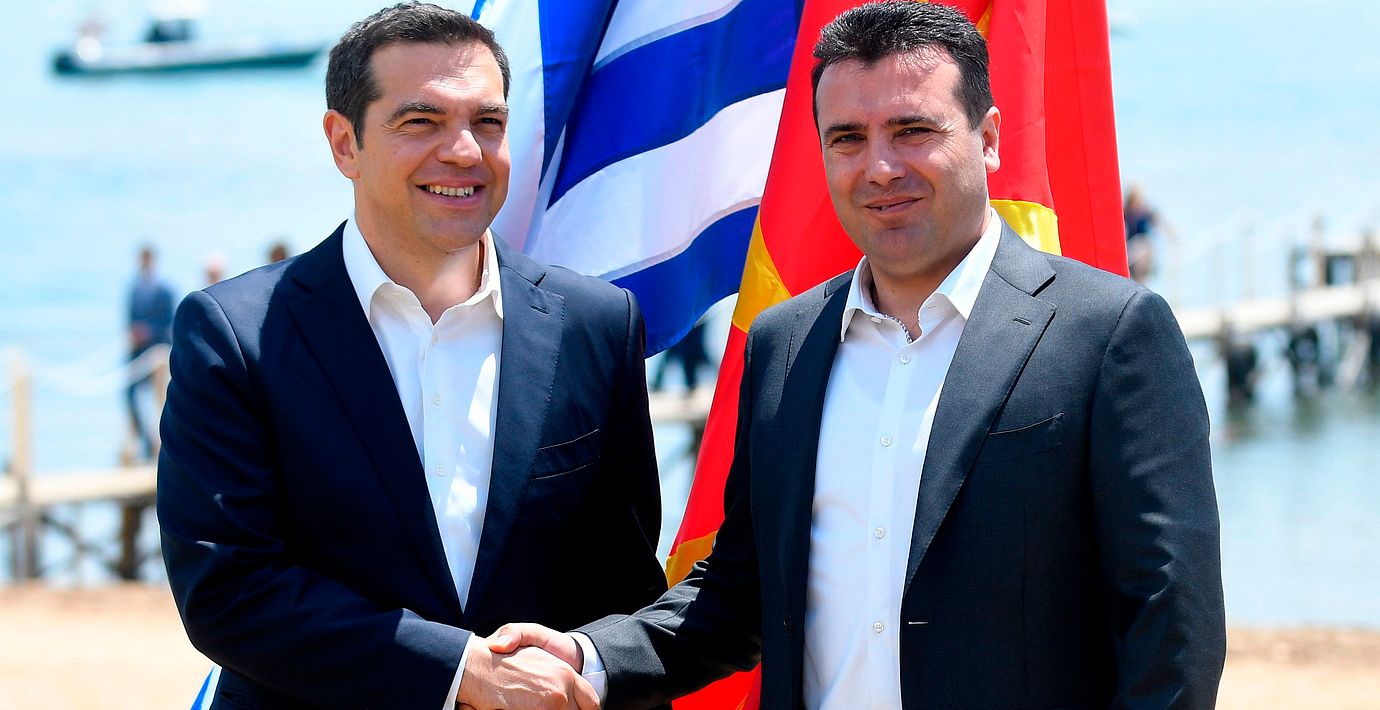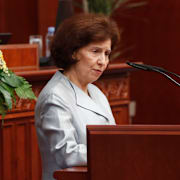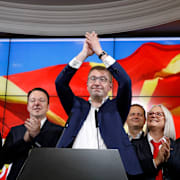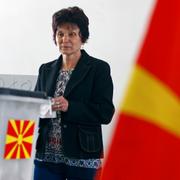
Nordmakedonien: ”Vi har nått en historisk seger”
Nordmakedoniens premiärminister Zoran Zaev gratulerar Greklands premiärminister Alexis Tsipras för en ”historisk seger” efter att grekiska parlamentet röstat ja till att grannlandet byter namn till Nordmakedonien, rapporterar AFP.
”Tillsammans med våra folk har vi nått en historisk seger”, skriver han på Twitter.
Namnbytet har lett till en långdragen konflikt där det finns en oro att Makedonien i och med namnbytet ska kräva landområden i norra Grekland.
bakgrund
Mer om namnstriden och Prespa-avtalet
Wikipedia (en)
The use of the name "Macedonia" is disputed between the southeastern European countries of Greece and the Republic of Macedonia, formerly a state within Yugoslavia. Pertinent to its background is an early 20th-century multifaceted dispute and armed conflict that formed part of the background to the Balkan Wars. The specific naming dispute, although an existing issue in Yugoslav–Greek relations since World War II, was reignited after the breakup of Yugoslavia and the newly gained independence of the former Socialist Republic of Macedonia in 1991. Since then, it has been an ongoing issue in bilateral and international relations.
The dispute arises from the ambiguity in nomenclature between the Republic of Macedonia, the adjacent Greek region of Macedonia and the ancient Greek kingdom of Macedon (which falls mostly within Greek Macedonia). Citing historical and irredentist concerns, Greece opposes the use of the name "Macedonia" by the Republic of Macedonia without a geographical qualifier such as "Northern Macedonia" for use "by all ... and for all purposes". As millions of ethnic Greeks identify themselves as Macedonians, unrelated to the Slavic people who are associated with the Republic of Macedonia, Greece further objected to the use of the term "Macedonian" for the neighboring country's largest ethnic group and its language. The Republic of Macedonia is accused of appropriating symbols and figures that are historically considered part of Greek culture such as the Vergina Sun and Alexander the Great, and of promoting the irredentist concept of a United Macedonia, which involves territorial claims on Greece, Bulgaria, Albania and Serbia.
The dispute has escalated to the highest level of international mediation, involving numerous attempts to achieve a resolution. In 1995, the two countries formalised bilateral relations and committed to start negotiations on the naming issue, under the auspices of the United Nations. Until a solution is found, the provisional reference "the former Yugoslav Republic of Macedonia" (sometimes unofficially abbreviated as FYROM) is used by international organisations and states which do not recognise translations of the constitutional name Republic of Macedonia (Република Македонија, Republika Makedonija). UN members, and the UN as a whole, have agreed to accept any final agreement on a new name resulting from negotiations between the two countries. The parties are represented by Ambassadors Vasko Naumovski and Adamantios Vassilakis, under the mediation of Matthew Nimetz. Nimetz has worked on the issue since 1994.On 12 June 2018 an agreement was reached between Greek prime minister Alexis Tsipras and his Macedonian counterpart Zoran Zaev, where the Republic of Macedonia could be renamed the "Republic of North Macedonia". A referendum was held in the Republic of Macedonia on 30 September 2018, with voters overwhelmingly affirming support for EU and NATO membership by accepting the agreement, albeit with 37% voter turnout.
Omni är politiskt obundna och oberoende. Vi strävar efter att ge fler perspektiv på nyheterna. Har du frågor eller synpunkter kring vår rapportering? Kontakta redaktionen



